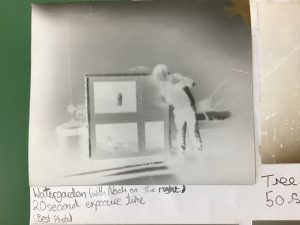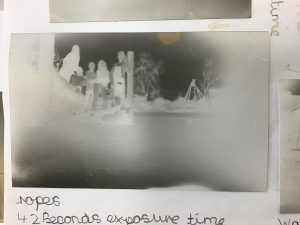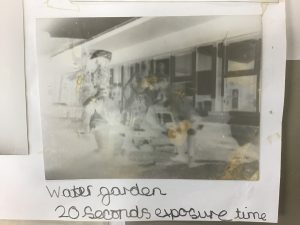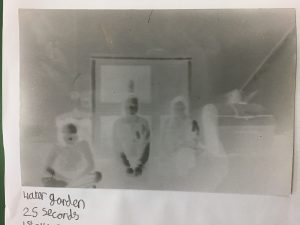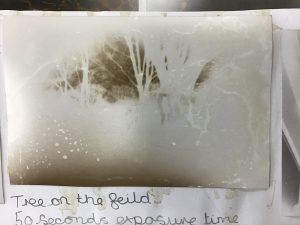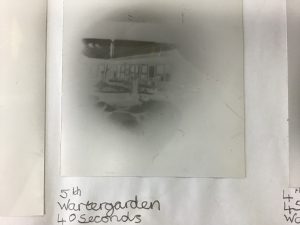Curriculum Exemplar
Purposeful Science March 2020
We aim to narrow the focus of a topic and go deep. This way we hope our pupils will become not just enthused but inspired or concerned or morally engaged in the knowledge they are encountering. We want to adopt an approach that makes pupils feel they are on a journey of exploration, that they are on an adventure- see:- https://www.minchacademy.net/our-vision-and-values/ Behind the Scenes -2. Bug Hunt. We need to resist the ‘notion of learning as a race and instead embraces it as an exploration. What if, instead of running to the end point of the education system, or even to the end of a unit of work, the purpose of the course lay in the journey itself?’ (Debra Kidd, 2019)
Our Year 5/6 pupils learnt about light last March: the learning was very purposeful and revolved around designing and making and using pinhole cameras. ‘We believe in taking it narrow and with a deep focus. It gives us a purpose. Everyone was motivated to improve the quality of their images and to do this they had to consider what was happening in terms of the light. They discussed where to put the light sources; how long to expose the image; how large the aperture should be and why some worked and others didn’t.’ Mr Ricketts
Take 1 Take 2
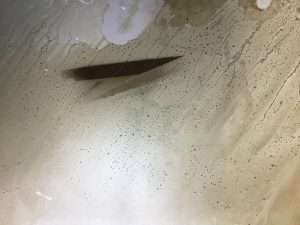
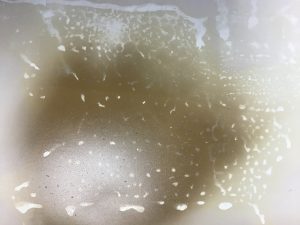
Take 3 Take 4 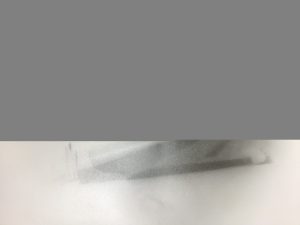
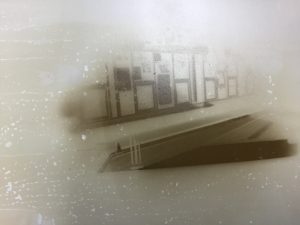
Olivia enjoyed the topic. ‘Doing science this way helps to understand photography as well as light. It also helps us to look back in time at the technology of early photography and in turn appreciate what we have now. We don’t just know how light travels- we have had real life experiences with pinhole cameras. I found out that light travels extremely fast – if scientists find a way of travelling this fast, it will be a time machine. The image on the pinhole camera is upside down and your brain flips it over. The image is upside down because light travels in a straight line through the pinhole, so the light at the bottom of the image ends up travelling diagonally and ends up on top inside the camera.
‘We produced some really good images. It depended on the weather rather because we needed plenty of light for it to work well. The best ones were produced on a sunny day.’
